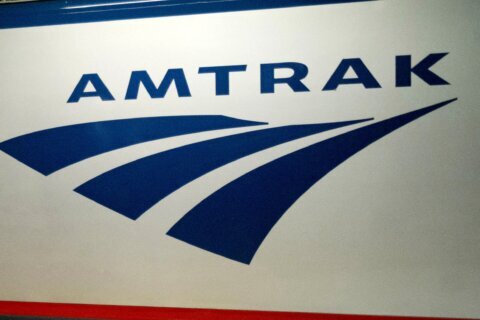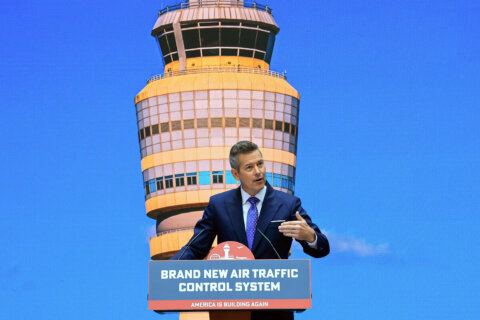WASHINGTON — Metro’s former board chairman hopes the rail system will really turn around this time after a series of issues — from continuing major, disruptive track work to the end of late-night weekend trains starting next month — have plagued it.
“We are in a hole that we’ve dug in terms of responding to serious and understood safety problems,” federally-appointed Metro board member Mort Downey said at his final meeting Thursday.
Downey is being replaced on the Metro board of directors by other transit experts who have more specific safety backgrounds, after Metro said for years following the deadly 2009 crash near Fort Totten that it was making a long series of changes to put safety first.
“For some time, I had the feeling that process was working. I think as we look at where we are now, we have to conclude it hadn’t worked, and one of the key missing elements was an independent and effective outside agency that would be providing guidance and verifying key actions,” Downey said in an interview afterward.
Maryland, D.C. and Virginia have promised independent oversight with teeth as far back as 2010, and now promise it will be established in 2017. The Federal Transit Administration has stepped into the role for now.
Downey says the incoming federal board members, two of whom attended last week’s meeting, will be “relying heavily” on FTA recommendations.
Now, with a new round of major track work, Downey says independent experts must “trust but verify” what the transit agency has done and plans to do.
Metro still has open recommendations from the National Transportation Safety Board dating back even before the 2009 crash, and the safety board says many things Metro had corrected or promised to correct including major communication failures are still significant issues today.
“The last couple of weeks I’ve talked to two former general managers of Metro, both of whom reminded me: we told you so,” he said. “[They] set forth the needs for replacement. They just weren’t necessarily listened to.”
A series of reports, recommendations and testimony from the 1970s to present documented the risks of reducing time for track work or failing to do the work correctly when needed.
“Starting in the mid-90s there should have been a renewal process,” Downey said the general managers told him, since every piece of the system deteriorates over time.
“You could get the sense in reading the 1982 report that it could have been written yesterday,” Downey said, and added, “I think Metro has, to some extent, negative resilience. It tends to snap back to where it was without completing what needs to be done. We have to overcome that.”
One of Metro’s key safety commitments has been a training and certification program to keep workers safe on the tracks, but Downey said a significant number of workers do not have up-to-date qualifications.
“Especially with all the work that will be going on with SafeTrack, we have to be assured that every one of those activities has a safety plan, that every group that goes out to work on property on any given day has had a safety briefing, understands what they have to do. [Metro] can’t slip back, ” Downey said.
Metro is working to address the issue.







